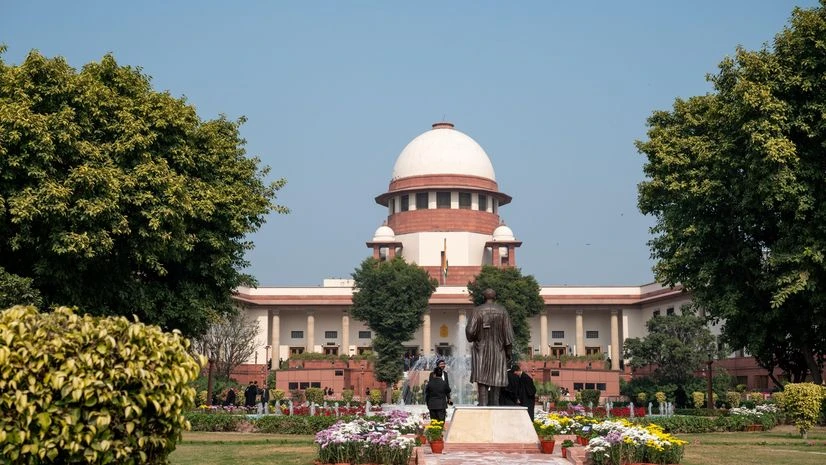In a significant development, the Finance Ministry (FinMin) has filed a review petition before the Supreme Court (SC) following the apex court's recent judgment in the Safari Retreats case, permitting commercial real estate companies to claim input tax credit (ITC) on construction costs for rental properties. Through the plea filed on Tuesday, the government is seeking to overturn the ruling.
The move comes after the Goods and Services Tax (GST) Council last month recommended a retrospective amendment to the Central Goods and Services Tax (CGST) Act, reversing the SC’s judgment. This amendment aims to revise Section 17(5)(d) of the CGST Act, 2017, by changing the terminology from “plant or machinery” to “plant and machinery”. The proposed amendment, if enacted, will take effect retroactively from July 1, 2017, and is intended to provide clarity and consistency in interpreting these terms as outlined in the law.
"The government wants to strengthen its case by filing a review petition to ensure that the Supreme Court's ruling aligns with its legislative intent and to reinforce the clarity provided by the proposed retrospective amendment," said a top government source, who didn't wish to be identified.
Pratik Jain, tax partner with PwC, said: “Now that a review petition has been filed, the government may want to hold on to making retrospective amendments in the law as decided in the last GST Council meeting."
According to Vivek Jalan, partner with Tax Connect Advisory Services, the judgment of the Supreme Court may be rectified in case of an error and where it was in contradiction with the legislation, as per Article 137 read with Article 141 of the Indian Constitution. “It seems that the government wishes to get it done so that there is no chance of a future litigation at all," he added.
Also Read
Experts cautioned that the top court’s judgment could result in a substantial financial burden on the exchequer, potentially amounting to around Rs 10,000 crore, due to its retroactive application. The court had differentiated between “plant and machinery” and “plant or machinery”, establishing that eligibility for input tax credit should be evaluated based on specific circumstances, including the nature of the taxpayer's business and the building's operational role. Industry has represented before the government that the proposed amendment should be prospective.
The case originated with Safari Retreats, a company engaged in constructing and leasing shopping malls. The firm had claimed ITC for goods and services utilized in the construction process, but tax authorities denied the claim, citing restrictions in the CGST Act. The Supreme Court's ruling ultimately allowed Safari Retreats to claim ITC in October 2024.
The Law Committee, in its recommendations to the GST Council, had raised concerns that the functional assessment of whether a property qualifies as "plant" under the CGST Act could lead to confusion and an increase in litigation. Officials noted that this ambiguity could complicate tax administration and hinder the ease of doing business, potentially reopening past cases related to ITC claims for construction-related goods and services, and further exacerbating confusion and legal disputes.

)